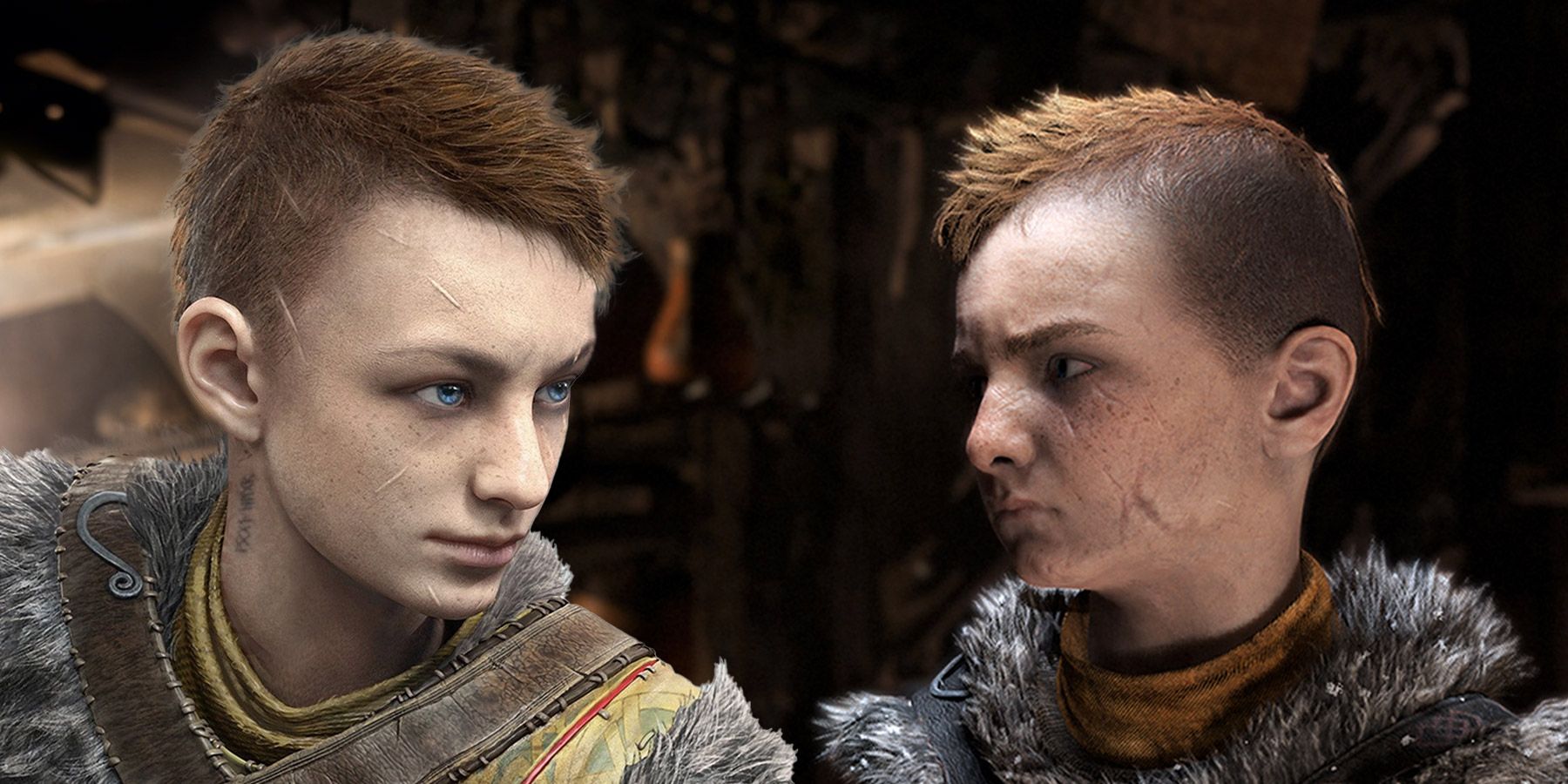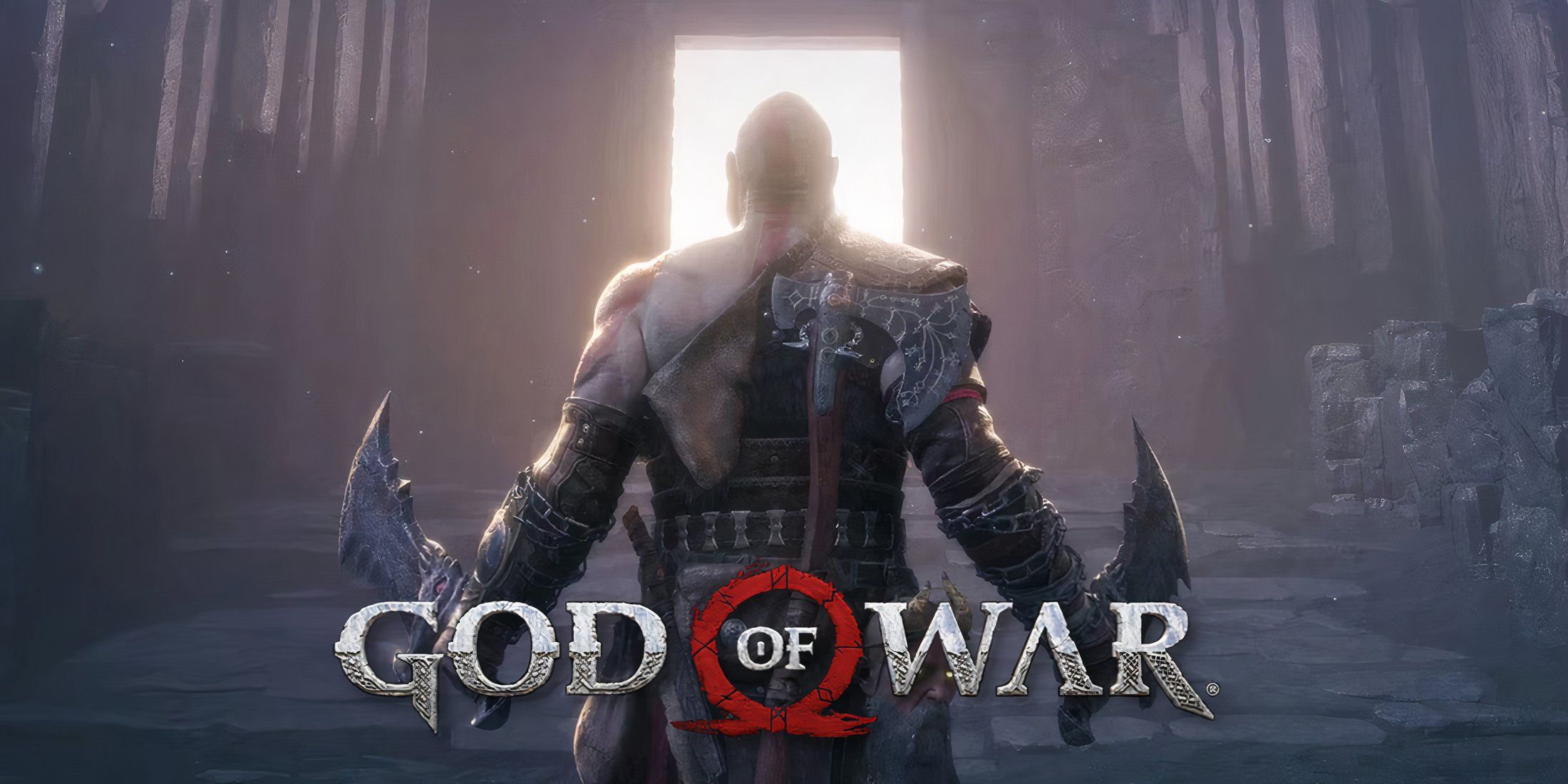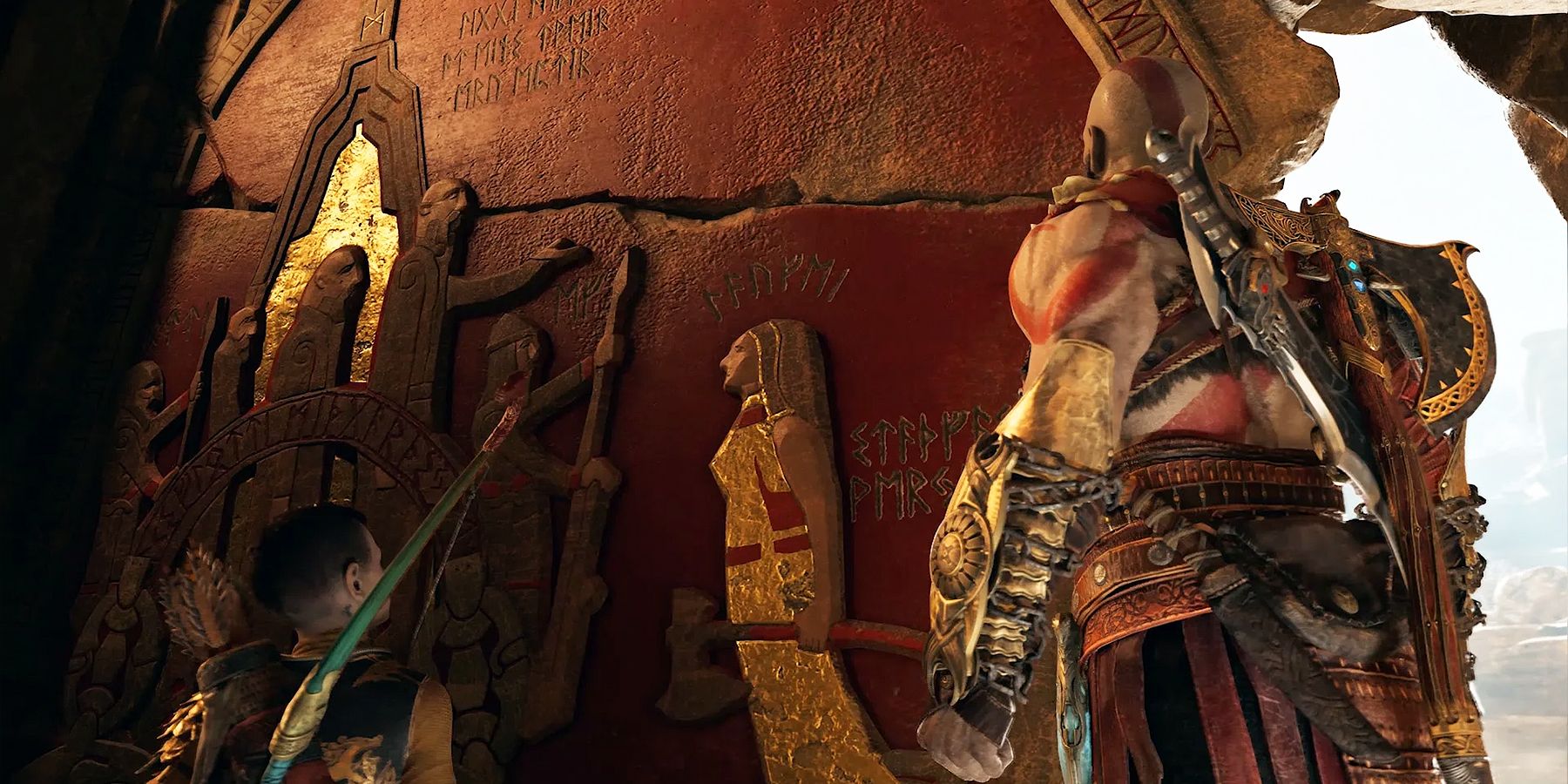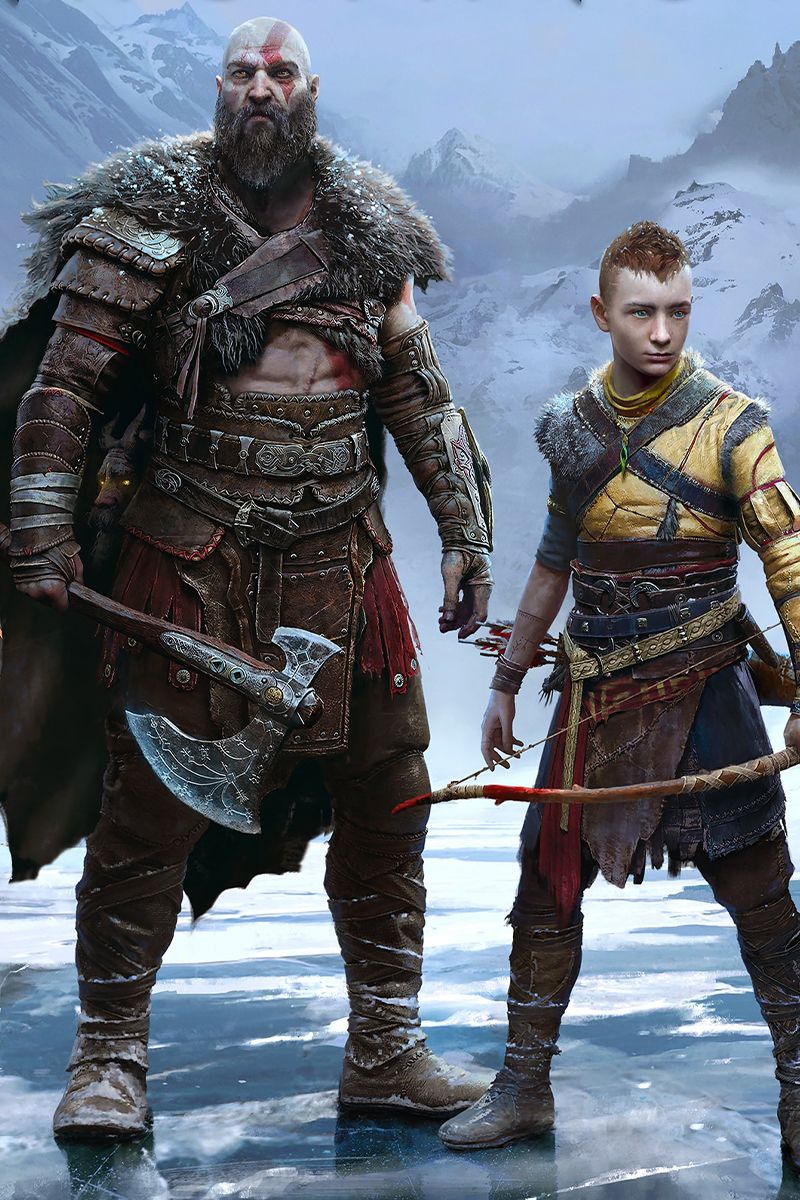Highlights
- The God of War saga needs to address how Kratos can jump between mythologies to maintain continuity in the series.
- The mural in God of War (2018) hints at Kratos potentially traveling to Egyptian and Japanese mythologies in future games.
- As the Norse saga concludes with God of War Ragnarok, the next game in the series could explore a new mythology and explain Kratos' abilities.
It has been nearly six years since the first installment of the God of War reboot saga dominated the gaming community with its excellence. God of War (2018) was praised for its storytelling, character development, and successful reinvention of the longstanding franchise, to the point that it was able to earn 2018's Game of the Year award. Four years later, developer Santa Monica released God of War Ragnarok to rave reviews, followed shortly by its free Valhalla DLC. Unlike the original series, which was based on Greek mythology, the reboot saga took place in Norse mythology. Despite the success of the original series and its reboot, the discrepancy in their mythologies has left a massive plot hole that has yet to be tied up or even mentioned in any game.
It was already assumed that Kratos could somehow jump between mythologies, given the different mythological settings in the two God of War eras. Regardless of assumptions, and no matter how justified they may be, the series has yet to reveal if or how Kratos can jump between mythologies. As such, the next chapter of the God of War reboot series is all but behooved to reveal something regarding this issue, especially since God of War Ragnarok effectively tied up the Norse saga and Santa Monica says it has already entertained the idea of taking Kratos to other mythologies. If the next God of War game is set in a different mythology, it would be the perfect time to solve this mystery.

An Atreus God of War Game Could Include a Popular Feature That a Kratos Game Couldn't
One side activity that keeps popping up in some of modern gaming's biggest hits could make a huge splash in a God of War Atreus spin-off.
The Next God of War Needs to Reveal How Kratos Jumps Between Mythologies
The Mural in God of War (2018) Depicted Several Different Mythologies
The theory that Kratos can somehow jump between various mythologies is based on the ending of God of War (2018), which saw Kratos and Atreus arriving at a temple in Jotunheim. In the temple, the father and son discover a large mural depicting a series of events directly tied to Atreus' life, showing events that have already taken place, as well as some that had yet to take place. This is ultimately what leads to the big reveal that Atreus is, in fact, Loki.
However, in another significant reveal made by the mural, several different mythologies are shown — namely, Greek, Norse, and Egyptian mythologies. Aside from these three, there is also a fourth that seems to depict a Japanese Shinto symbol, which potentially leaves Kratos with at least two more mythological destinations before the entire series wraps up.
The Next Mainline God of War Will Likely Take Place in a Different Mythology
Since both the Greek and Norse sagas for God of War have been resolved, that leaves at least one more mythology — Egyptian — for a new story to be set in, although a Japanese God of War may not be off the table. If the next God of War game does go to mythological Egypt, it will have no choice but to answer the question of how Kratos can jump between mythologies. After all, for him to do it for a second time with absolutely no explanation as to how he does it would undoubtedly spark controversy, since it seems to defy all logic. At the very least, it would be worth a mention.
It's impossible to get around the issue of God of War's Kratos traveling between mythologies, especially when Norse Kratos struggles so much with his Greek past. It is the same Kratos that existed in both mythologies, so a sense of continuity is crucial. As such, it's time the reboot series ties up the loose ends it left players with at the end of God of War (2018) and confirms how Kratos has been able to be in both Greek and Norse mythology.




